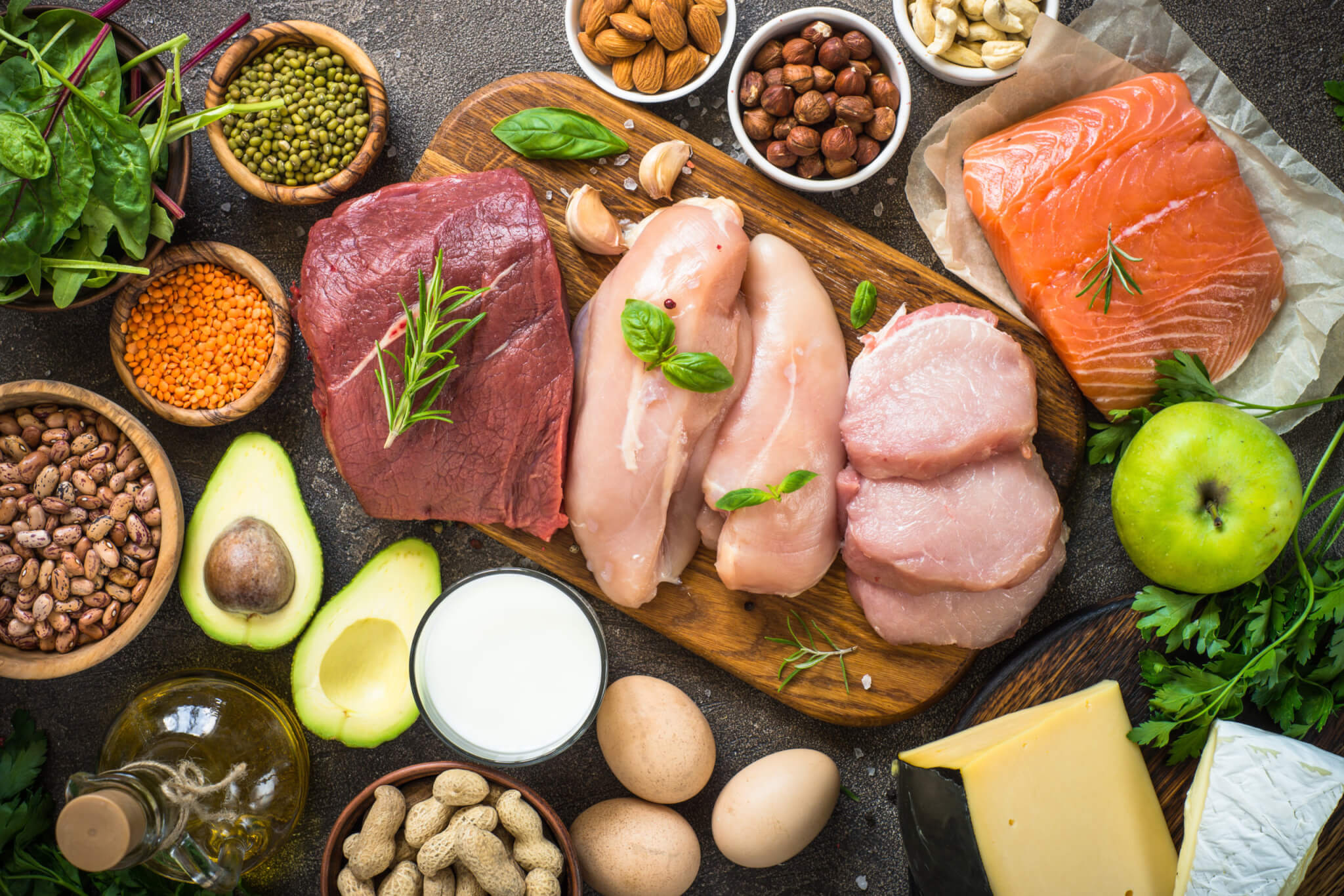Best-selling author, TV presenter, and fitness coach Joe Wicks shot to fitness fame thanks to his simple, no-fuss approach to improving public health. The “Body Coach” works with people at all stages of their fitness journey and understands that for some, summing up their daily intake can be off putting as they try to prioritize family and work commitments before calculating their calories. On top of this, cut calories for a sustained period of time is far more difficult than it seems.
Luckily, all of this is heard loud and clear by Wicks, who recently shared his “quick wins” for keeping our wellness in check while navigating busy lives.
The British “national treasure,” who also holds an MBE for his important work in helping to keep children active and mentally fit, believes that reducing excessive calories is about more than just the numbers. Indeed, people struggle every day with managing appropriate levels of calorie consumption for a variety of reasons; from the hidden dangers of eating out, to psychological factors that aim to derail our decision making.
Here, Wicks shares his zero counting methods to cut calories without the use of apps or calculators.
Calorie Requirements are an Individual Thing
It might seem all too easy to look at the body shape of the person across the road and think that replicating their meal choices would put you at a similar level of body weight, but this just isn’t the case. Not only are there complicated individual factors at play such as your hormone levels and metabolic rate, but for those who don’t want to get into the numbers just yet, you just need to understand that we all have varying calorific requirements.
“You can’t just say you’re on 2,000 calories and you’re on 1,800 calories. There’s more to it,” says Wicks. “There’s daily activity energy levels that you are using through work, there’s age. I don’t necessarily promote counting calories because, I’ve always said, it makes things more confusing, more complicated, and it’s a pressure that you don’t necessarily need, and a lot of people count everything and track it all, but for the general population the biggest challenge is to think differently about food.
“Can you get them cooking, and focus on sensible portion sizes? Because, if you go from being sedentary, to suddenly exercising loads, you don’t have to cut your calories really low. You don’t have to whack the energy levels up and exercise, and [at the same time] drop [calories]. Ultimately there’s no perfect calorie intake and no perfect diet.”
Eat Out Less
“When you are very overweight, or very unfit, the idea of losing all that weight is so overwhelming,” says the 36-year-old coach from Epsom in Surrey. “It’s breaking that down into small daily chunks, right? Sometimes it’s the smallest of things, like, ‘Can I avoid one meal out today’, or a sandwich and a ready-meal on the go, and can I just make a recipe at home?’ That’s a small win, and all these little things compound over a week, and a month.”
When you consider the hidden oil, fat and salt that many restaurants put into their meals, you cut an enormous number of calories by simply cooking a meal at home, where there is greater consciousness of what is going into each dish.
Don’t Let Negative Emotions Derail Your Judgment
Fact: Bad days happen to us all and there will be occasions when we reach for the fridge without the level of self-control that he would like. It is important to understand that this is normal, so go ahead and cheat, you probably deserve it, but don’t let a cheat meal become a cheat day, or completely derail your improving nutritional habits.
“We all do it, we all have days where we emotionally eat,” reassures Wicks. “We miss exercise, and we get stressed, and we would rather sit and watch TV because you can block it all out.” But the Body Coach knows that these types of days quickly lead to poor calorie intakes over longer period of time, if we don’t put the work into breaking the cycle. Understand your triggers and ask yourself how you can limit the impact. “If you can feel positive about your mental health, then the body will follow, this is what I believe,” says the popular personal trainer with more than four million Instagram followers.
Exercise to Cut Calories
You’ve heard it before, and it’s true: you can’t outwork a bad diet. Still, you can mitigate at least some of the damage made by overconsuming calories, by expending some of that energy. When you exercise, you burn off some of the excess calories that you may have picked up during the day.
“You can do one little thing for yourself, and say ‘you know what?’ I might have eaten sh*t food all day, but I’ve done a 10-minute workout, or a 15-minute walk around the block, and I’ve done something for myself,” encourages Wicks. “That’s a positive message, especially for those that are really demotivated, I think.”
Don’t Cut Calories Too Much, Too Soon
Once you begin to make the right decisions about eating a healthy number of calories, and seek to understand the emotions that lead to binge eating, while managing to cut down on the takeaways and restaurant meals, you also need to make sure that the path you are on is sustainable, so that you don’t rebel against the positive progress that you are making.
“I think the biggest mistake is that people try to reduce and cut out so much, so fast,” he says. “It just shocks their mind, and they just can’t deal with it. Especially if you are someone who is overweight and love food, right? It’s about finding that balance of reducing certain things and making some healthy swaps. Allow yourself a takeaway now and then, allow yourself a couple of gin and tonics, it’s not like you have to be ‘all or nothing,’ because for you it might be a gradual process of losing a little bit of weight, and gaining a little bit of strength, week on week, as opposed to doing a six-week crash diet that you see on social media … I believe in a slow process, a gradual reduction of your energy intake. I don’t even use the word calories; I just say reduce your [portion] sizes.”
So, by making simple swaps such as replacing candy with fruit, keeping your emotions in good check, monitoring your portion sizes, and eating out less, you’ve cut your calories significantly, without a single calculation, and in a sustainable way. “A simple as it sounds… that adds up,” says Wicks.



